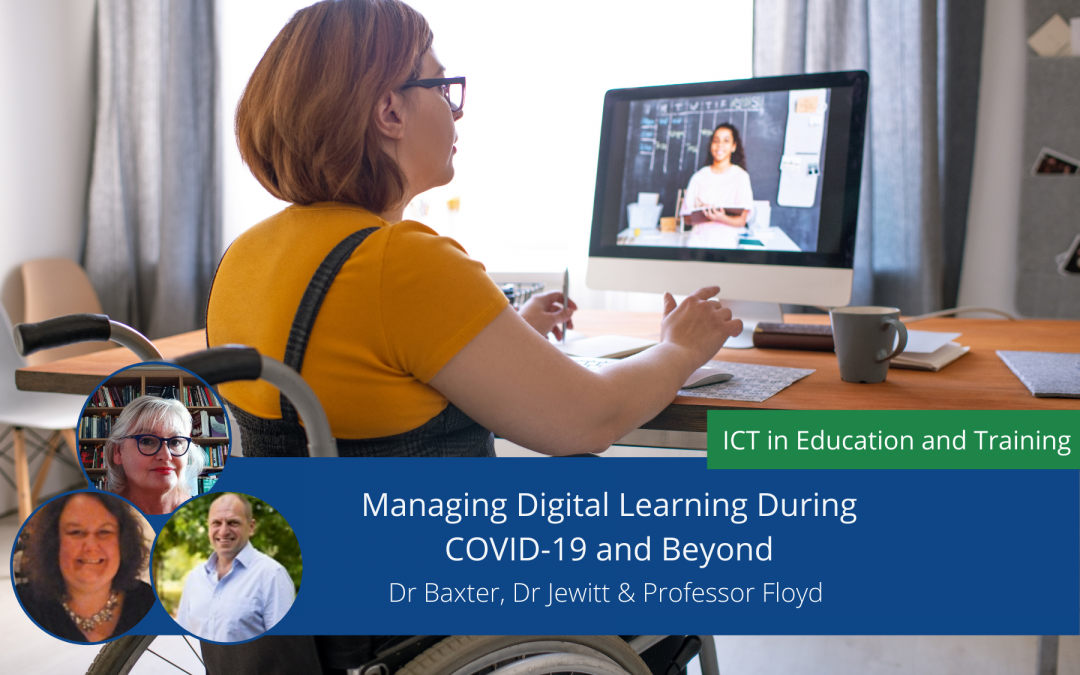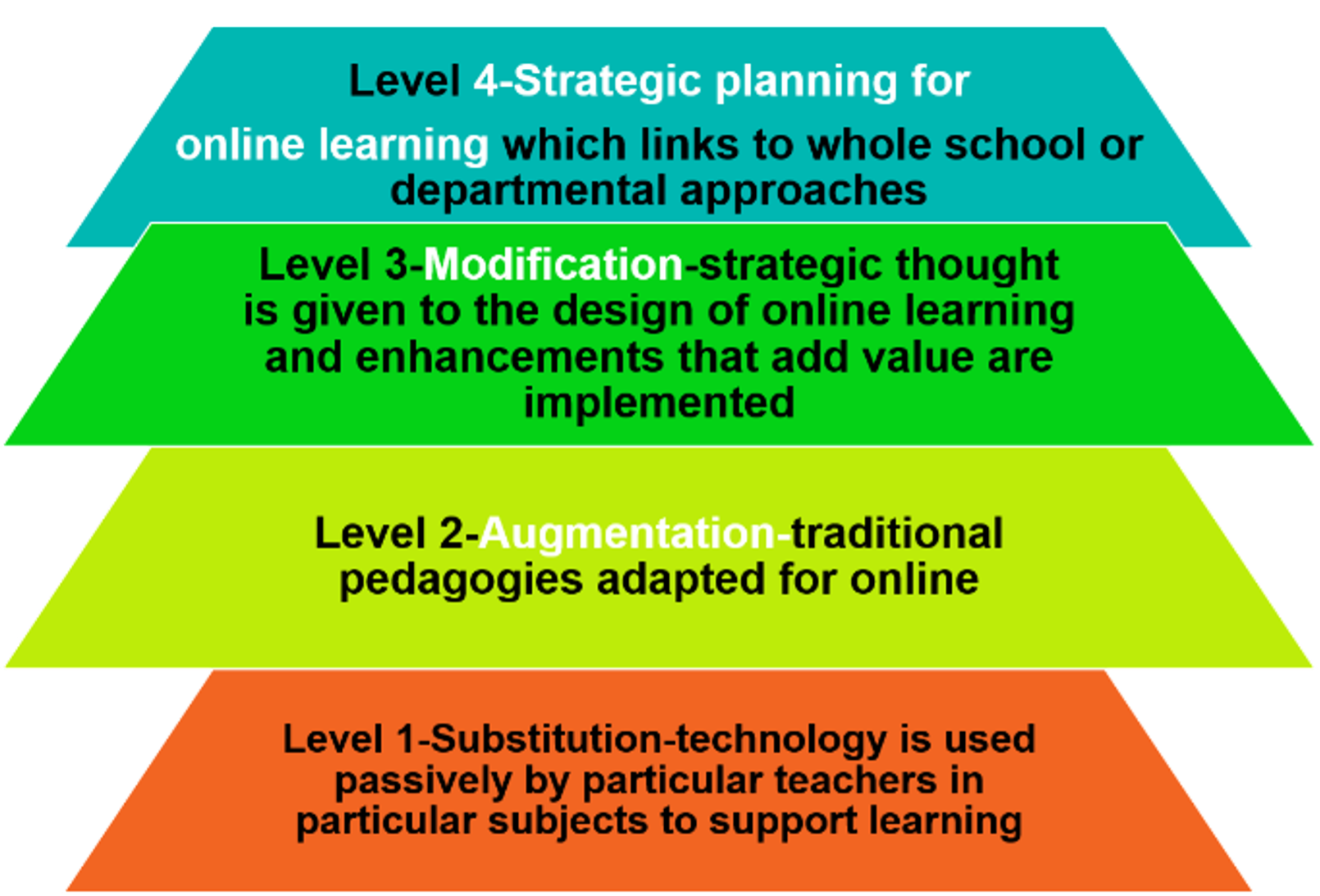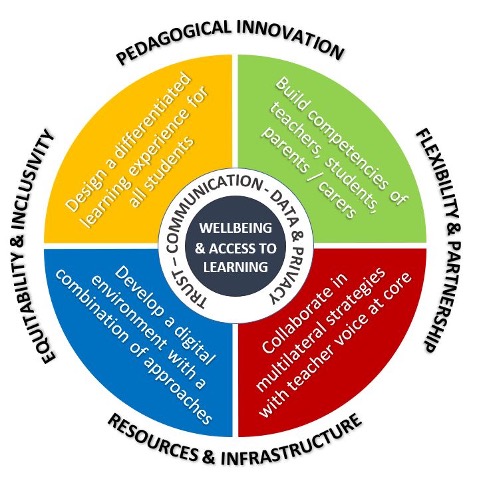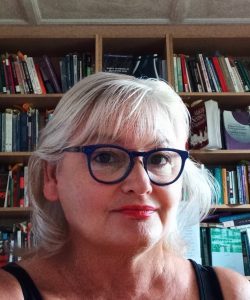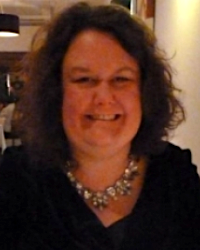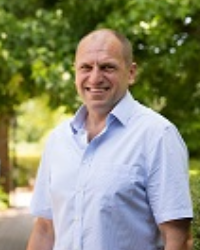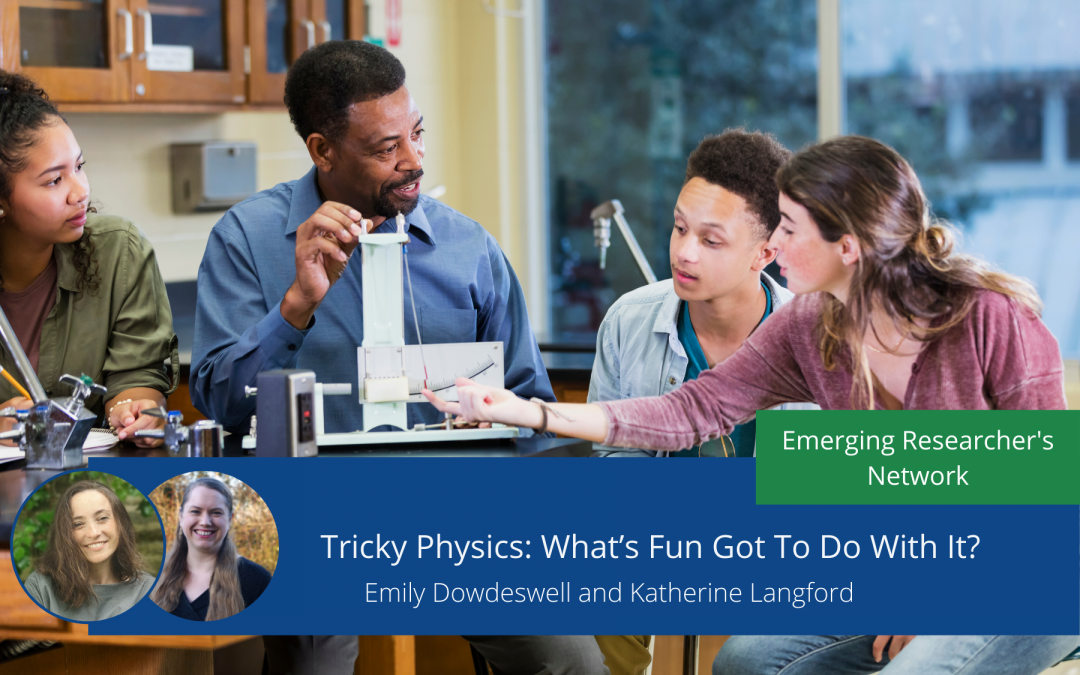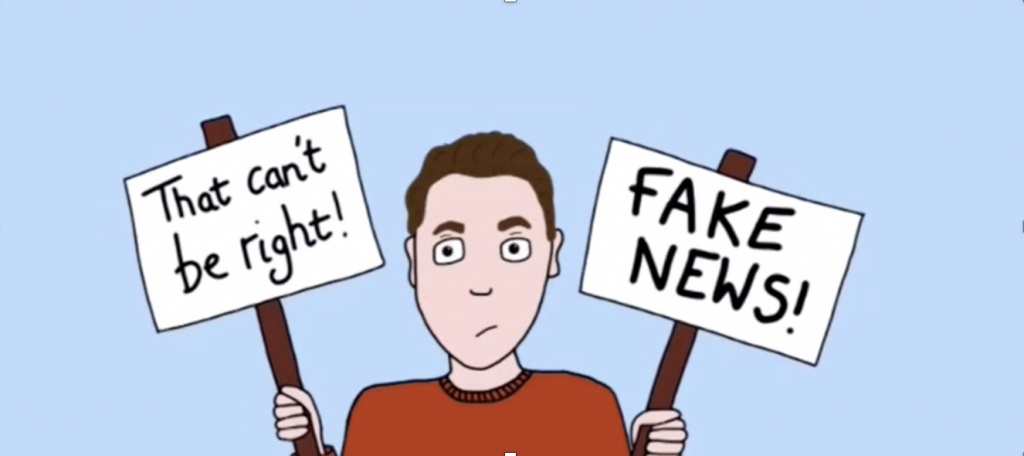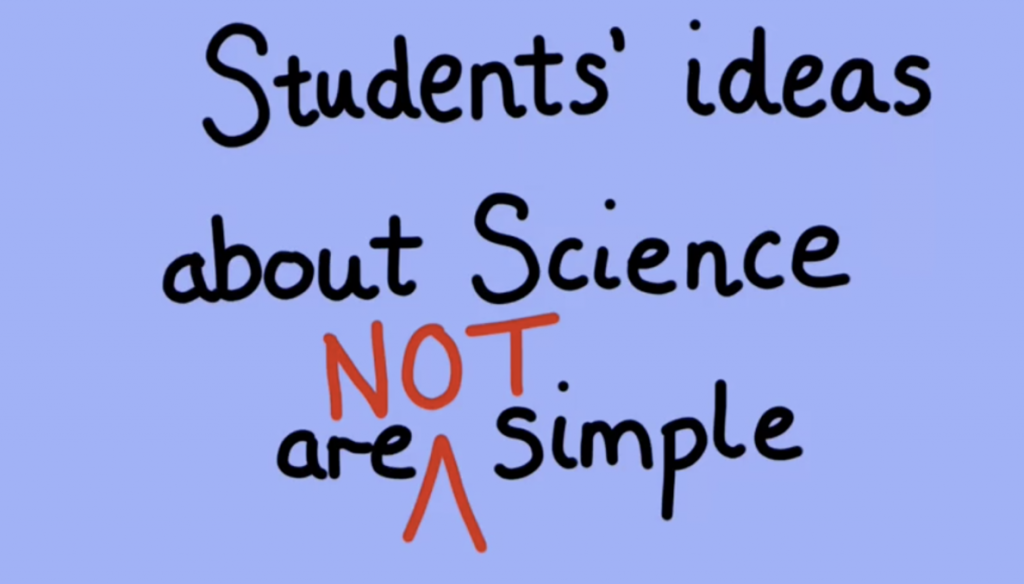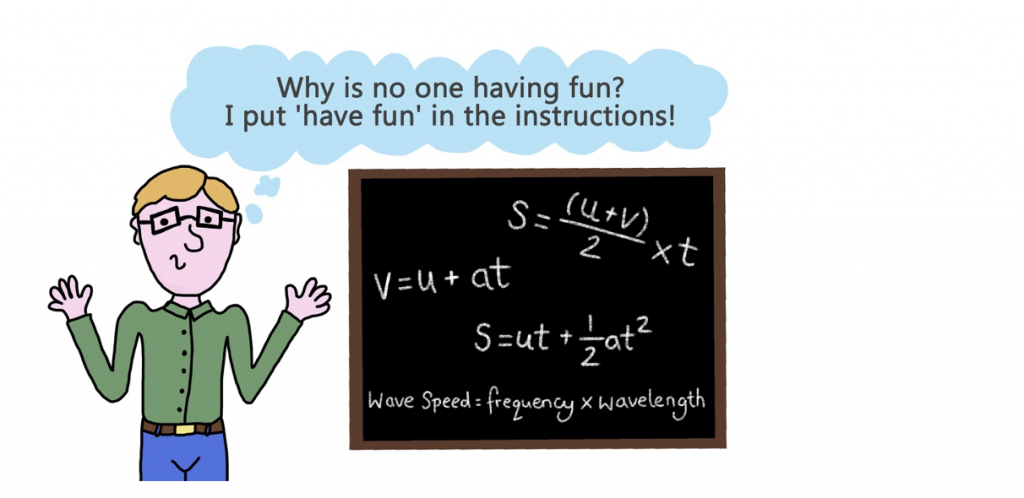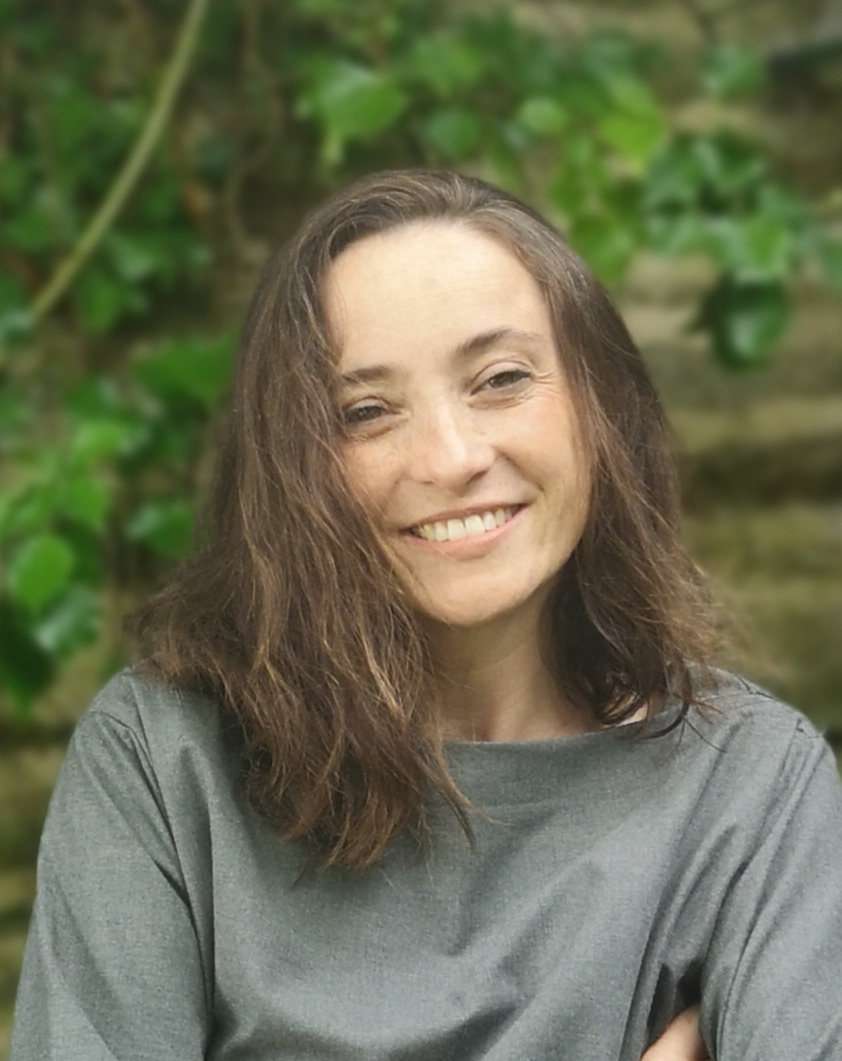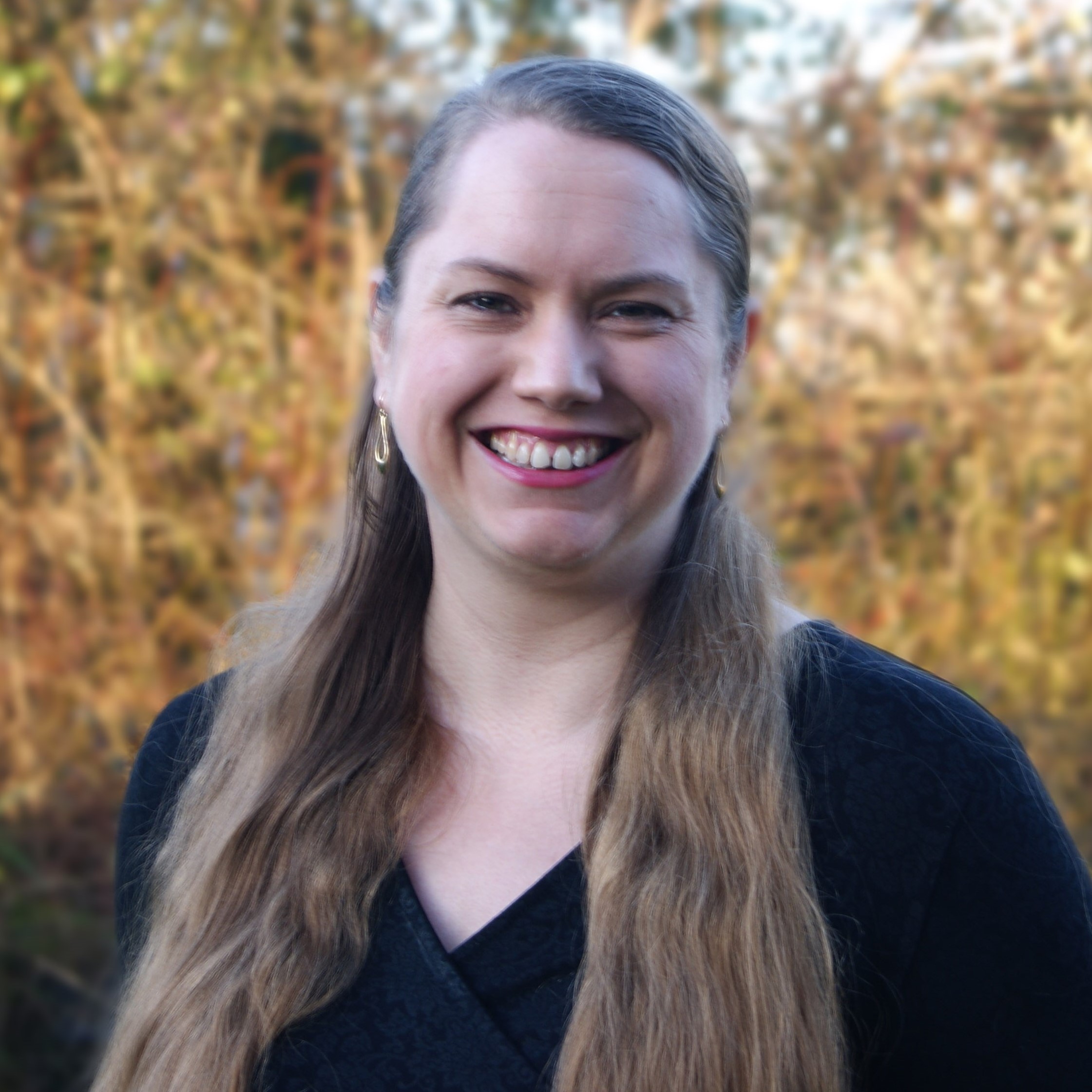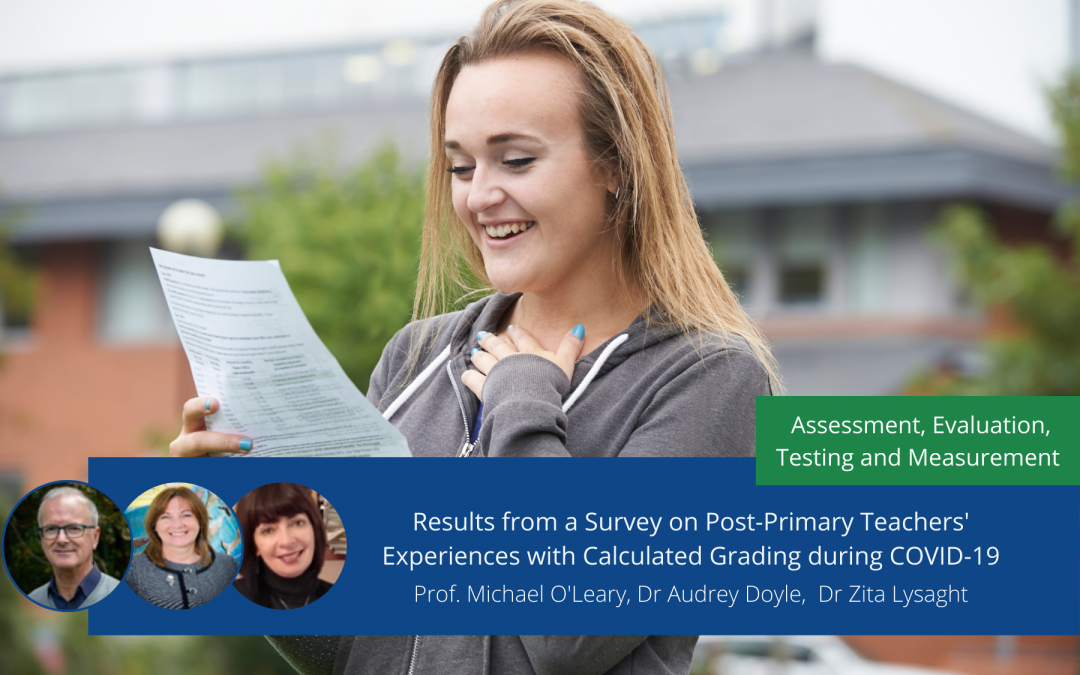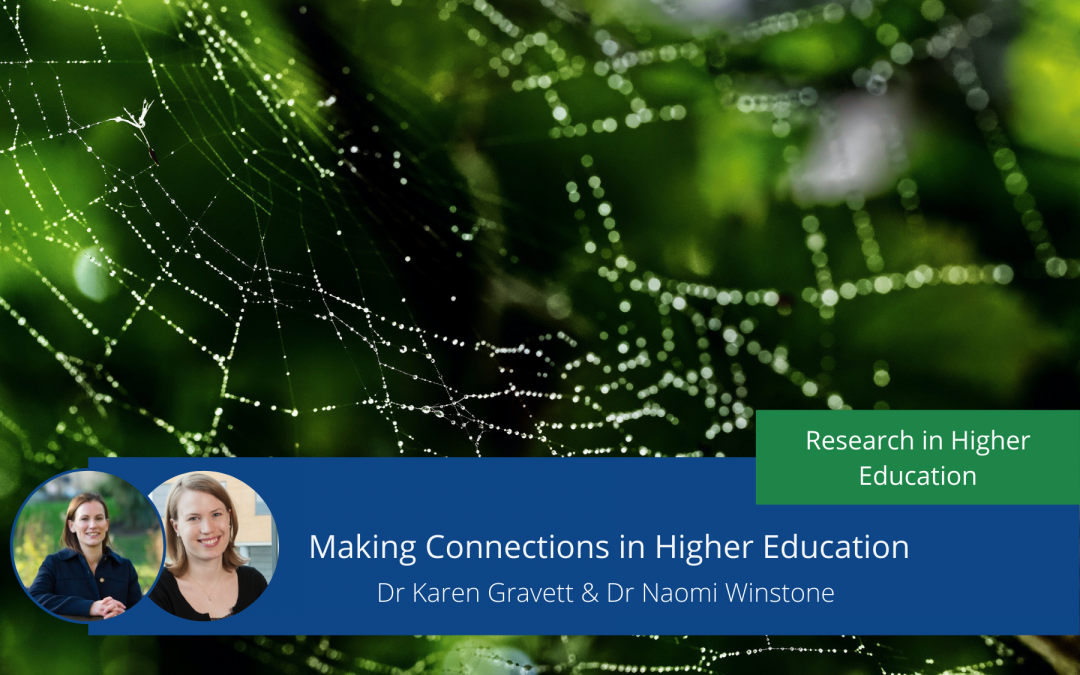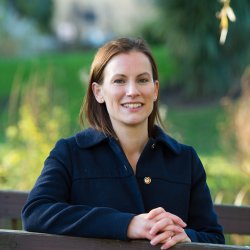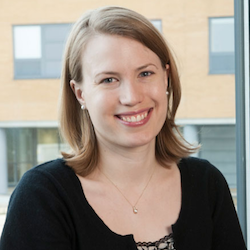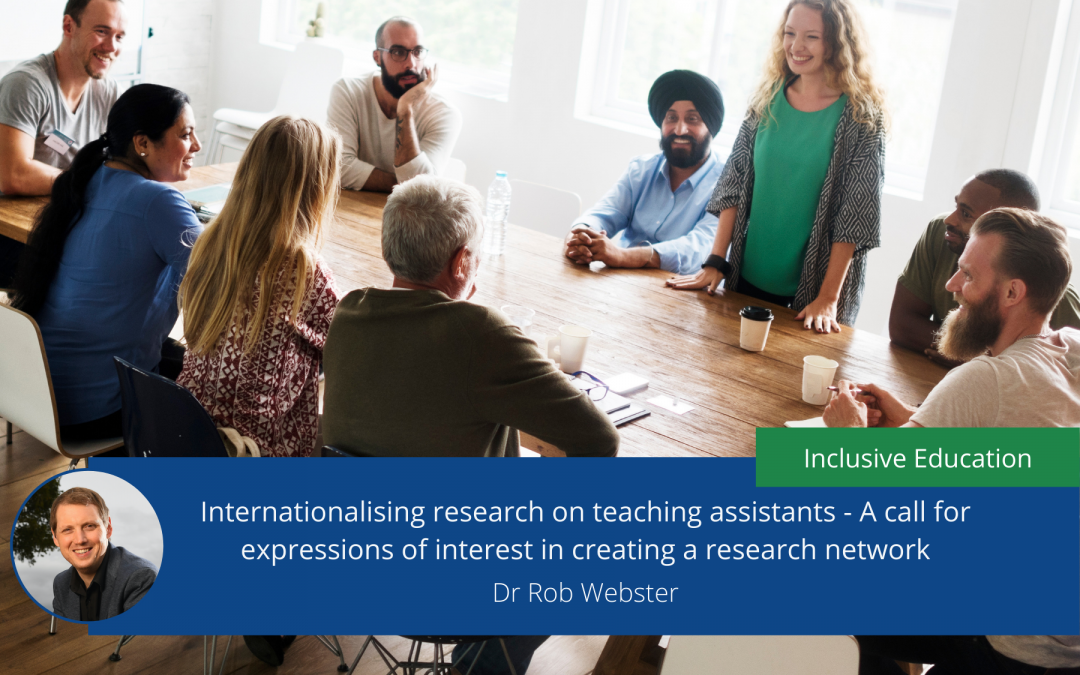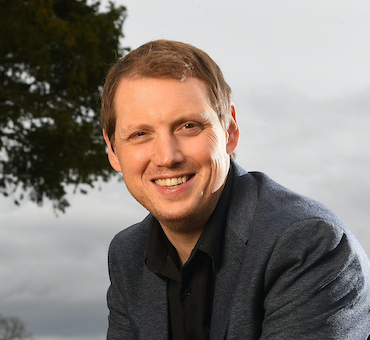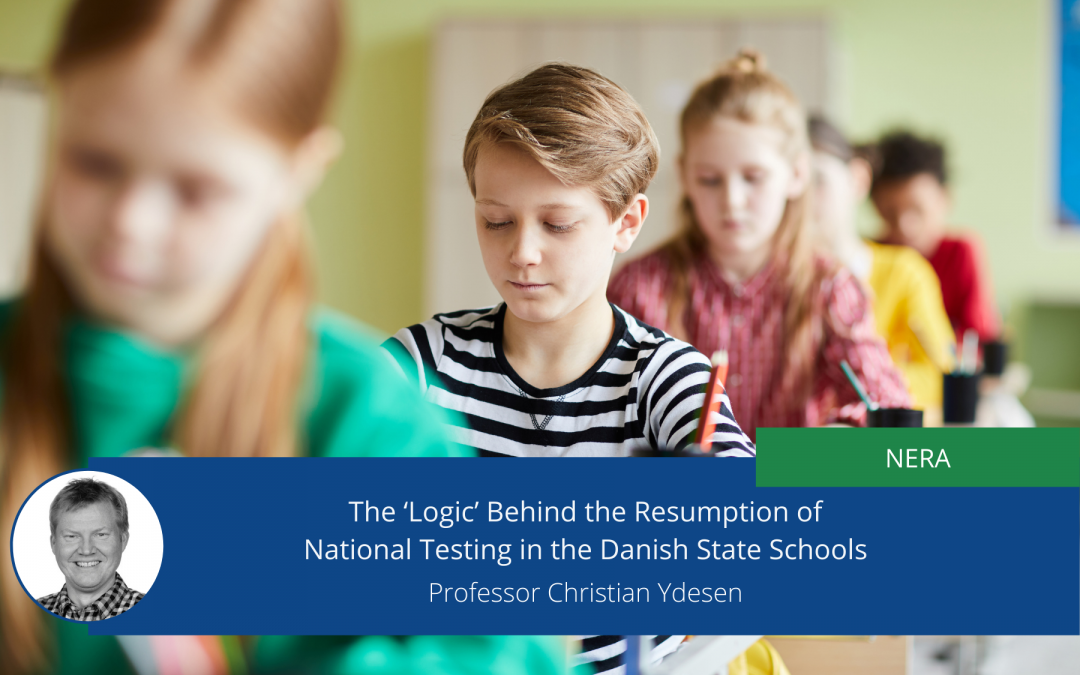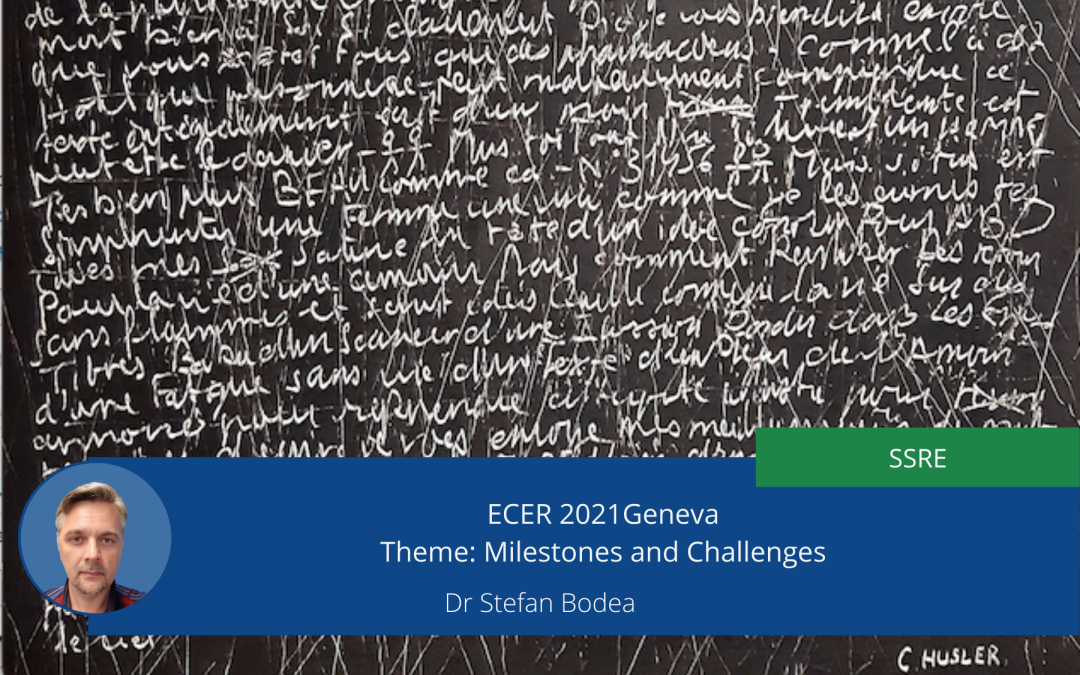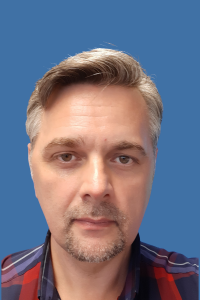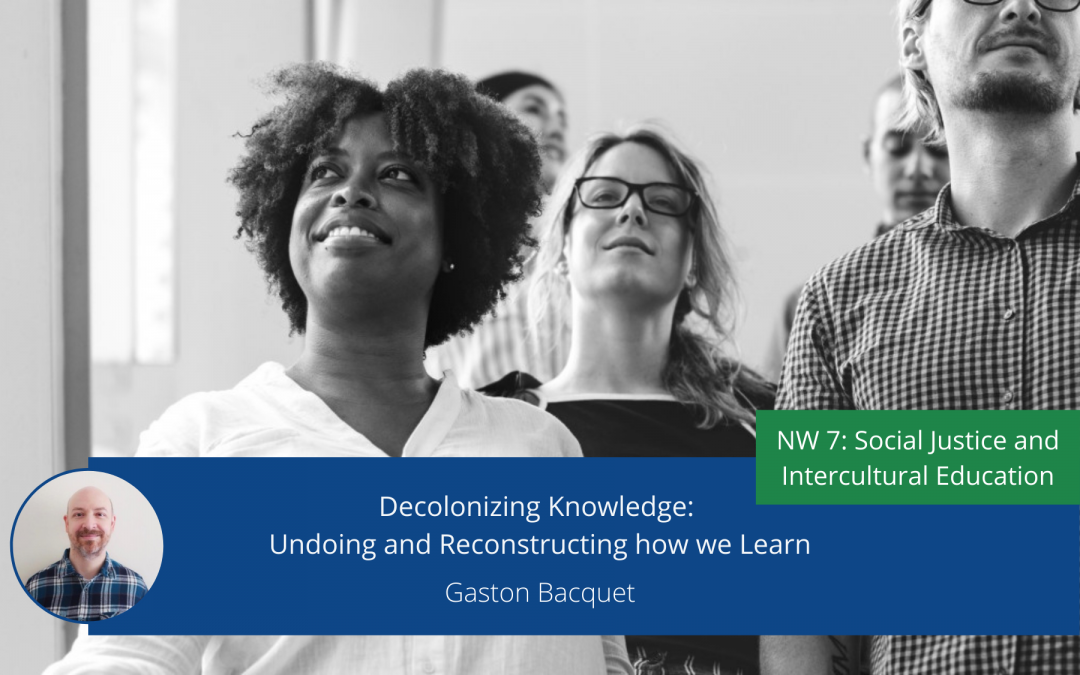
Decolonizing Knowledge: Undoing and Reconstructing how we Learn
When British-Ghanaian philosopher Kwame Anthony Appiah was asked during a lecture about cultural belonging, he suggested avoiding falling victim to the questionable idea that culture belongs to specific groups. Further, if the dubious concept of ‘Westerner’ were to disappear, it needed not be replaced with something else but that we should rather learn to relate to people in different ways, respectful of each other’s differences without an excess of identification. The lecture host (an English woman), cautiously navigating from question to assertion, said in relation to Western civilization, “But what holds us all together are these things you’ve sort of praised: liberalism, human rights, rule of law, all those things. That gives us the right to choose, it gives us control over who we are. There are people around the world, particularly in Islamic countries, who don’t have that kind of choice. And these things ARE Western” (Appiah, 2016, m.30-36).
This view that Western knowledge and culture are somehow the core of a ‘universal knowledge’ and yet very much ‘remaining the history of the West,’ according to Tuhiwai-Smith (2012, p.66), has existed for centuries. In fact, she explains, the colonized cultures and their forms of knowledge were historically repositioned in a way that would allow for the validation of colonial domination and authority by being labeled as ‘oriental’ or ‘outsider’ by colonial powers. In line with this, Mitova (2020) defines the decolonization of knowledge as the necessity to undo our way of thinking about knowledge and to reconstruct it by learning anew and in new ways rather than those imposed on people, institutions, or nations through the process of colonization (Mitova, 2020; Wiredu, 2002).
Because Eurocentrism has succeeded in creating the idea of universal knowledge, Mignolo (2009) encourages us to ask ourselves: who and when, how, and where is knowledge generated? Grosfoguel (2013) argues (in a description that matches my own experience as a doctoral student in the UK) that the social theory canon in Western universities has become dominated by a few men from five countries: Italy, France, England, Germany, and the USA; to this, I will further add that on a personal level, 80% of my Social Theory classes not only involved men from only two of those five countries (Germany and France) and but also that they were all white, adding an additional element to the self-arrogated intellectual (and sexist) domination: what Grosfoguel (2012) called epistemic racism. I am not arguing that every one of those social theorists was either of those things, but the recognition of their work should not come at the cost of the institutional eradication of other forms of knowledge that, especially since the 1980s, have begun to reshape and re-inform other intellectual traditions: feminist social epistemology, Eastern, African, Africana, Latin American and ‘Continental’(Mitova, 2020).
Lessons from the Global South
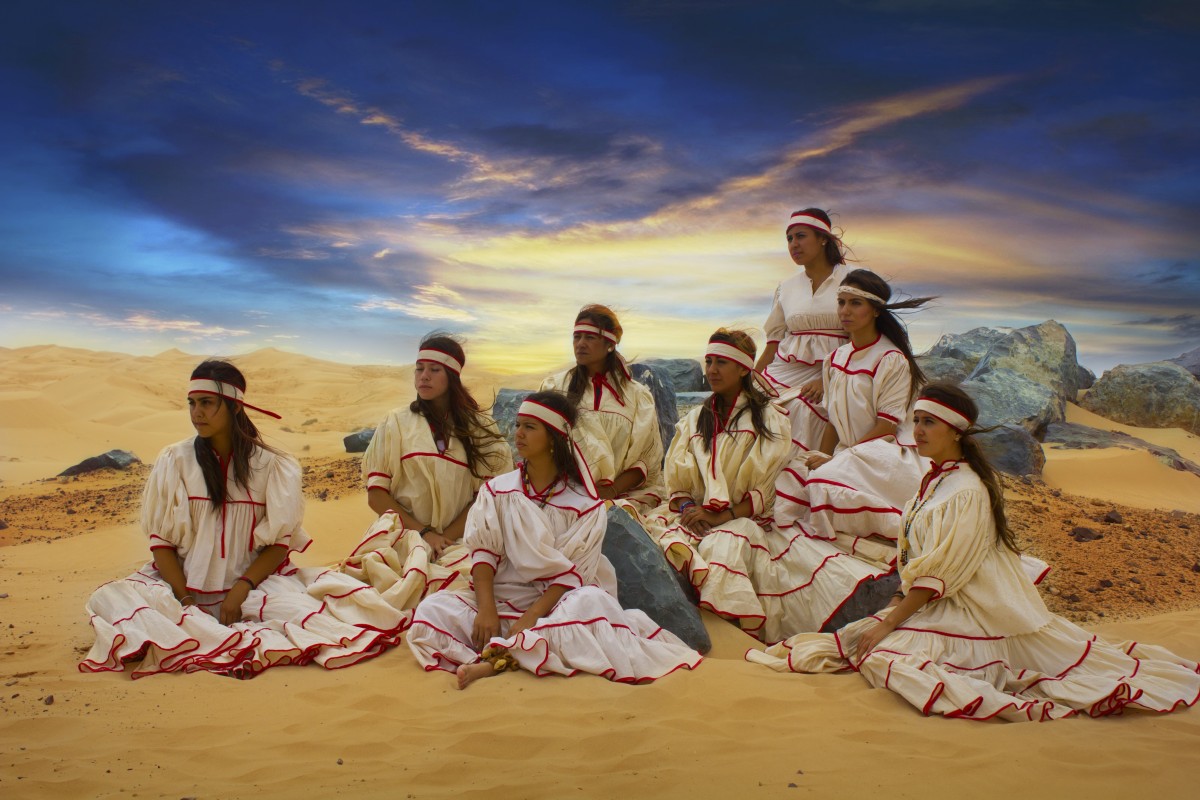
Latin America presents us with a couple of valuable examples from which the academy can perhaps learn; one of them is in Chile, where, as Nuñez (2017) details, beginning in 2008, the Universidad Catolica de Temuco began to tackle the issue of curricular Eurocentrism within their teacher training programs. They started by offering a degree called “Elementary Intercultural Pedagogy in the Mapuche[1] context”. They also experimented by offering a program titled “Pedagogical Experience in Intercultural Approaches”, geared towards increasing sociocultural indigenous knowledge amongst graduate students in Education.
Burman (2016) offers a somewhat similar example from his experience in Bolivia. While researching within an Aymara community there, he was able to talk to a number of indigenous activists who remained deeply skeptical of Evo Morales’[2] policies regarding decolonization and interculturality. The activists viewed these policies as a disguised perpetuation of the colonial mode of knowledge production in Bolivia. While the Bolivian government did create indigenous universities (something that has not happened in Chile) and introduced reforms into the national educational system, many activists distrusted these policies and engaged in ‘epistemic and ontological disobedience’ (ibid, p.20). The activists opened their own spaces for knowledge creation, such as indigenous universities that function outside the national framework, as well as community sessions and seminars where indigenous people, including intellectuals, are invited to guide debates and deliberations regarding ways to preserve their knowledge and therefore, their social experience. These acts of disobedience are guided, according to Burman, by defiance to three elements that in his view have become an intrinsic part of Bolivia’s intellectual colonization:
“…the subjugation of subjectivities (“Be who we want you to be!”); epistemic domination (“Know what we want you to know and in the way we want you to know; create the kind of knowledge we want you to and in the way we want you to!”); and ontological domination (“Live in the one and only world we recognize as real!”). (Burman, 2016, p. 21)
Of course, the issue here is not the number, quality, or contributions of Eurocentric philosophers; as Dabashi (2015) elaborates, the question is not how Eurocentric Europeans are, but rather how European thinking has continued to reach a level of universality that has come to the detriment of non-European visions. Perhaps these examples from Latin American nations can offer us lessons to draw from that would allow us to embrace the fact that, as has been argued and widely demonstrated (de Sousa Santos, 2001, 2014, 2018; Smith, 2012; Apple, 2011, 2012, 2013; Semali and Kincheloe, 1999), there is no one single source of knowledge, not one single knowledge pursuit and not one single, linear development of knowledge.
The challenge for Western higher education institutions is to start thinking about ways to give these non-Eurocentric perspectives and knowledge not only wider recognition but also a broader space within their curriculum. As new feminist, Eastern, African, Latin American, and indigenous voices emerge within the academy, we must ask, how much are we paying attention and how much are we listening to them?
Other blog posts on similar topics:
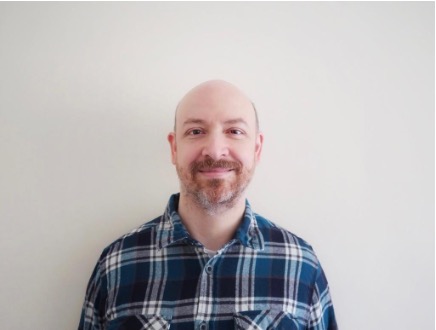
Gaston Bacquet
Associate Tutor, University of Glasgow
Gaston Bacquet works as an Associate Tutor at the University of Glasgow, where he supervises master’s dissertations within the TESOL program and where he is also a first-year PhD student in Education. His research seeks to develop inclusive teaching practices in Latin American classrooms using an intersection of Critical Pedagogy and non-Western knowledge systems.
LinkedIn: https://www.linkedin.com/in/gaston-bacquet-59a38b9b/
Research Gate: https://www.researchgate.net/profile/Gaston_Bacquet2
Orcid: https://orcid.org/0000-0002-9802-7249
References and Further Reading
[1] Mapuches are the largest indigenous community in Chile, and Temuco, the city where the university in question is based, is located near a large Mapuche enclave in the south of Chile
[2] Evo Morales, a former farmer and an Aymara person himself, was the president of Bolivia from 2006 to 2019.
Appiah, K.A. (2018). The lies that bind: Rethinking Identity. New York: Liveright (Based on his 2016 BBC Reith Lectures).
Apple, M.(2011). Democratic education in neoliberal and neoconservative times. International Studies in Sociology of Education, 21(1), 21–31.
Apple, M. (2012b). Knowledge, power, and education: The selected works of Michael W. Apple. New York: Routledge.
Apple, M. (2013). Can Education Change Society? New York; Routledge.
Burman, A. (2016). Indigeneity and Decolonization in the Bolivian Andes: Ritual Practice and Activism. Lanham: Lexington Books.
Dabashi, H. (2015). Can Non-Europeans Think? London: Zed Books.
de Sousa Santos, B. (2001). Nuestra America. Theory, Culture & Society, 18(2–3), 185–217.
de Sousa Santos, B. (2014). Epistemologies of the South. New York: Routledge.
De Sousa Santos, B. (2018). The end of the cognitive empire: the coming of age of epistemologies of the South. Durham: Duke University Press.
Grosfoguel, R. (2012). The Dilemmas of Ethnic Studies in the United States: Between Liberal Multiculturalism, Identity Politics, Disciplinary Colonization, and Decolonial Epistemologies. Human Architecture: Journal of the Sociology of Self-Knowledge, X (I), 81-90.
Grosfoguel, R. (2013). Epistemic Racism/Sexism, Westernized Universities and the Four Genocides/Epistemicides of the Long Sixteenth Century, in Araujo, M. & Rodriguez Maeso, S. (Eds.), Eurocentrism, Racism and Knowledge, Debates on History and Power in Europe and the Americas. London: Palgrave
Mignolo, W. (2009). Epistemic Disobedience, Independent Thought and Decolonial Freedom. Theory, Culture & Society. 26(7-8), 159-181.
Mitova, V. (2020). Decolonising Knowledge Here and Now, Philosophical Papers, 49(2), 191-212.
Nuñez, D. (2017). Reflecxiones en torno a la interculturalidad y la Educacion Superior en Chile. Polyphōnia, 1, 72-94.
Semali, L.M. and Kincheloe, J.L. (1999) What is indigenous knowledge? Voices from the academy (Eds.) New York/London: Falmer
Tuhiwai-Smith, L. (2012). Decolonizing Methodologies: Research and Indigenous People. London: Zed (2nd Edition).
Wiredu, K. (2002). Conceptual decolonization as an imperative in contemporary African philosophy: some personal reflections. Rue Descartes, 36(2), 53-64.

